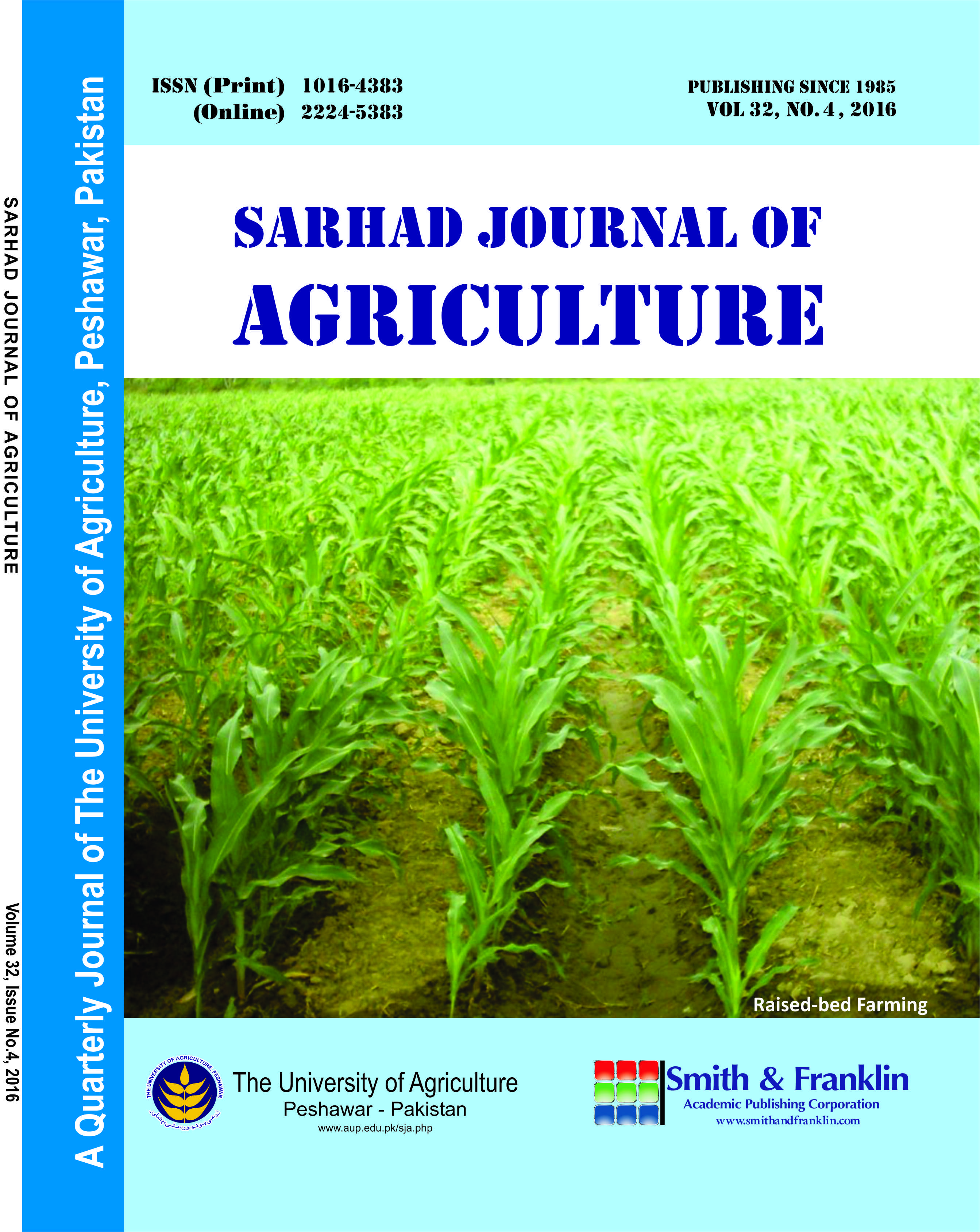The Implementation of WTO and its Impact on Pakistan External Trade
The Implementation of WTO and its Impact on Pakistan External Trade
Robina Karim and Dawood Jan
ABSTRACT
This study aims at analyzing the status of implementation of WTO and its impact on Pakistan external trade (Imports + Exports). To achieve the stated purpose, study adopted methodology which required testing of hypothesis which states “Pakistan’s foreign trade is expected to be largely better off once WTO’s regime is fully implemented in Pakistan and rest of the world”. The statistical results show that, the coefficient of variation of Pakistan exports trade estimates at 0.1657 during 1985-90 and 0.0936 during 1990-95 pre-WTO periods, which with the exception of sub-period 2000-05 decreased throughout post-WTO period, which suggests Pakistan exports got smoothened after WTO’s implementation in the world arena, perhaps due to less restrictions on trade after WTO’s arrival, relative to pre-WTO period. Compared to exports, Pakistan imports’ coefficient of variation does not show significant declines; rather it appears largely static, suggesting Pakistan imports trade could not be benefited much by reductions in trade restrictions associated with the implementation of WTO in Pakistan domestic market. This stated analysis thus supports partial acceptance of hypothesis, which states that “Pakistan’s foreign trade is expected to be largely better off once WTO’s regime is fully implemented in Pakistan and rest of the world”. When econometric analysis was carried out for pre and post WTO periods, it has been concluded that the external trade of Pakistan has been increased but not up to the expectations that is the main aim of WTO’s unfinished agenda. The rate of increase in imports is greater the rate of increase in exports and that is why Pakistan still faces the problem of trade deficit even after the implementation of WTO.
To share on other social networks, click on any share button. What are these?








